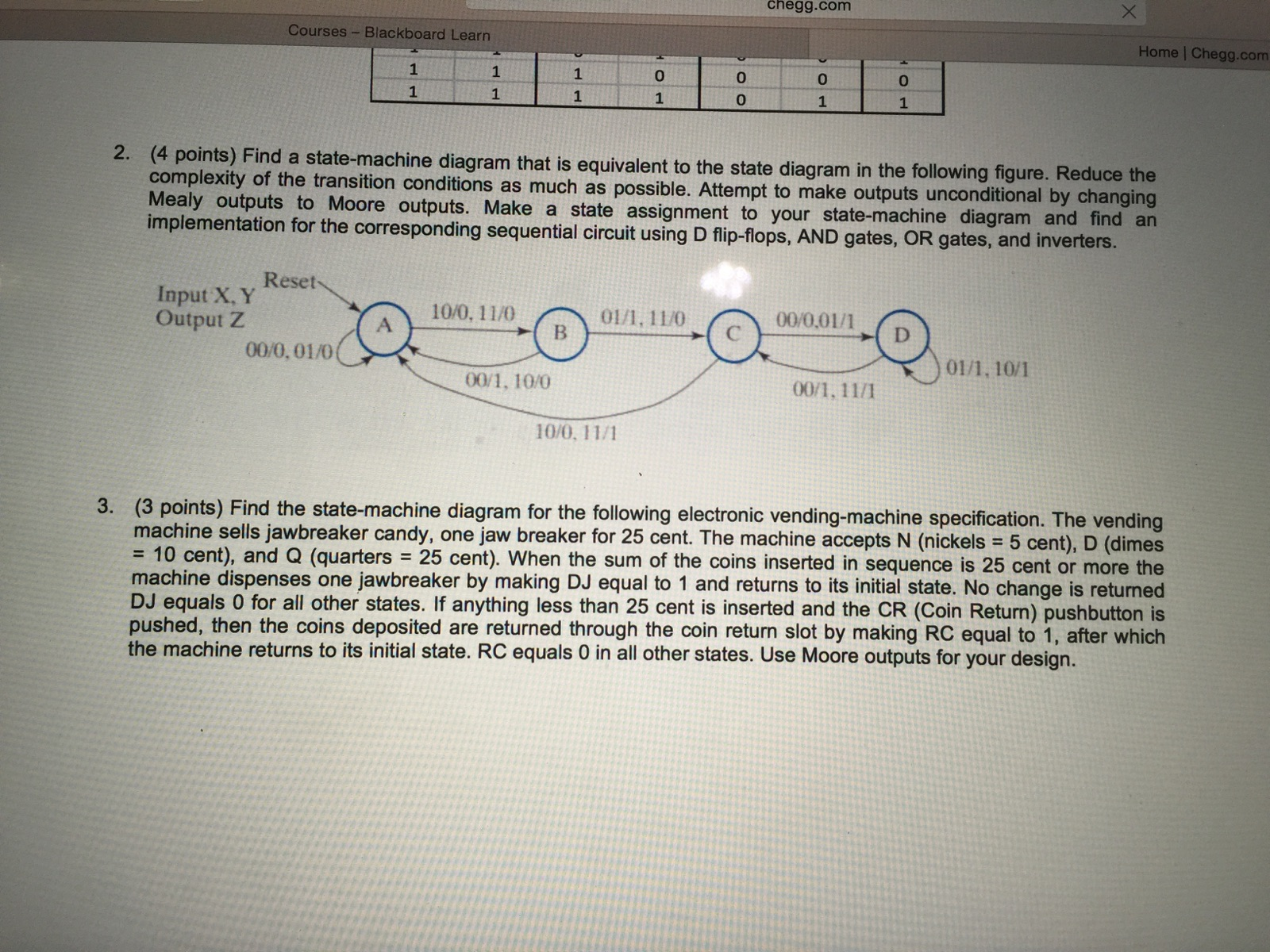London and Llandudno. C/U pinball machine, with the ball whizzing about. A man is trying to score and looks angry and annoyed as he fails, beaten by the mach.
Vending Machine 42 Slot Machine
There are around 4.23 million vending machines in Japan
I wonder if one of the things that first surprise visitors to Japan is that one can see vending machines everywhere.
There are around 4.23 million vending machines in Japan
I wonder if one of the things that first surprise visitors to Japan is that one can see vending machines everywhere. Vending machines are installed not only in obvious locations like tourist sites, railway stations, and business districts but also in the tiniest corners of residential areas.
According to the Japan Vending System Manufacturers Association there were over 4.23 million vending machines installed throughout Japan by the end of December 2018. Breaking this down to its chief constituents we see that there were around 2.42 million machines for soft drinks, about 20,000 for alcoholic beverages, around 70,000 for food, and as many as 150,000 for cigarettes. As a simple comparison, this is considerably fewer than the 6.58 million machines that were installed in the US by the end of 2012. However, Japan has a population approximately one third that of America, and considering the limited area of this much smaller country, the level of distribution seems likely to be the world’s greatest.

Formerly, vending machines were simple devices: you put your money in the slot, pressed a button for the item you wanted, and out it came. However, machines without buttons are now on the increase, and items can now be selected with a large touch screen on the front which shows the items available. Instead of cash, often you can use electronic money to make a transaction with the simple touch of an IC card, smartphone, or smartwatch. Vending machines that accept QR codes to settle the bill, are also apparently beginning to make an appearance here and there.
In this way, Japan continues to advance in the hi-tech innovation of vending machines.
Vending machines for alcohol and cigarettes are strictly for adults.
Vending machines for alcohol and cigarettes are convenient, but on the other hand, they also make it very easy for minors to make illegal purchases (in Japan the legal age is 20). Accordingly, considering the problem of juvenile drinking and smoking, the government and industry groups have introduced technology to verify that people buying alcohol and cigarettes from vending machines are legally adults.
In the case of alcohol vending machines, more and more are being installed that can read driving licenses or ID cards that are issued to adults by liquor stores. If a user can’t prove they are an adult with such an ID card, then they cannot buy alcohol.
Cigarette vending machines are being changed to machines that require the use of a contactless IC card called “taspo”, which has been introduced by industry groups. Only adults can acquire a taspo card, and in order to buy cigarettes from a machine the card must be touched to the machine’s card reader.
The Wi-Fi hotspot function
As vending machines are powered by electricity they must be installed in locations with electrical wiring. Some models have a transmission function for remote maintenance. Vending machines have begun to appear that apply this capability to function also as Wi-Fi hotspots.
NTT Group’s TelWel East Japan have developed Wi-Fi Vending Machines that provide a public wireless LAN service around their location of installation. They are being introduced to such tourist sites as the Toshogu Shrine, a World Heritage Site in Tochigi Prefecture, as well as at schools, and places of business.
The income TelWel receives from vending machine sales covers the cost of the network maintenance fees and line usage fees required for providing communication services. For that reason, the owner of a machine’s location incurs no costs from operating a Wi-Fi hotspot. Normally at tourist attractions, this can be used to provide both overseas and domestic travelers with sightseeing information. In the event of a disaster, it could also play a role in communications infrastructure by making emergency information available.
Smartphone connection with Bluetooth
Coca-Cola Japan are introducing “Smartphone Vending Machines” that connect with smartphones using the “Coke ON” app. By holding a smartphone that has installed the Coke ON app close to a vending machine, it can connect via Bluetooth to make a purchase and collect corresponding points.
Coca-Cola Japan are expanding their sales campaign for the app with special campaigns for particular locations and times. It seems that sales strategies that are fine-detailed and flexible to a degree previously unknown are becoming more frequent.
Vending machines that assume smartphone usage
There is a vending machine yet more advanced with enhanced ability to be operated by smartphone apps. This is the “acure2 series” of Innovation Vending Machines which JR East Water Business have installed in railway stations.
To use these you should first install a smartphone app called “acure pass”. Using this app you can then purchase drinks in advance even in locations without vending machines. When you then find an Innovation Vending Machine you simply hold up the QR code displayed by the app and your purchased drink will come out. Charges can be paid with electronic money, or you can settle accounts with your credit card at the end of the month. For favorite drinks, there are options on the menu such as bulk purchasing or regular purchasing, so that you can quickly grab a drink during your daily commute.
After buying a drink with the app, you can also share a URL to send drink gifts to your family or friends. In this way, vending machines can now be a point of communication, even with people who are very far away.